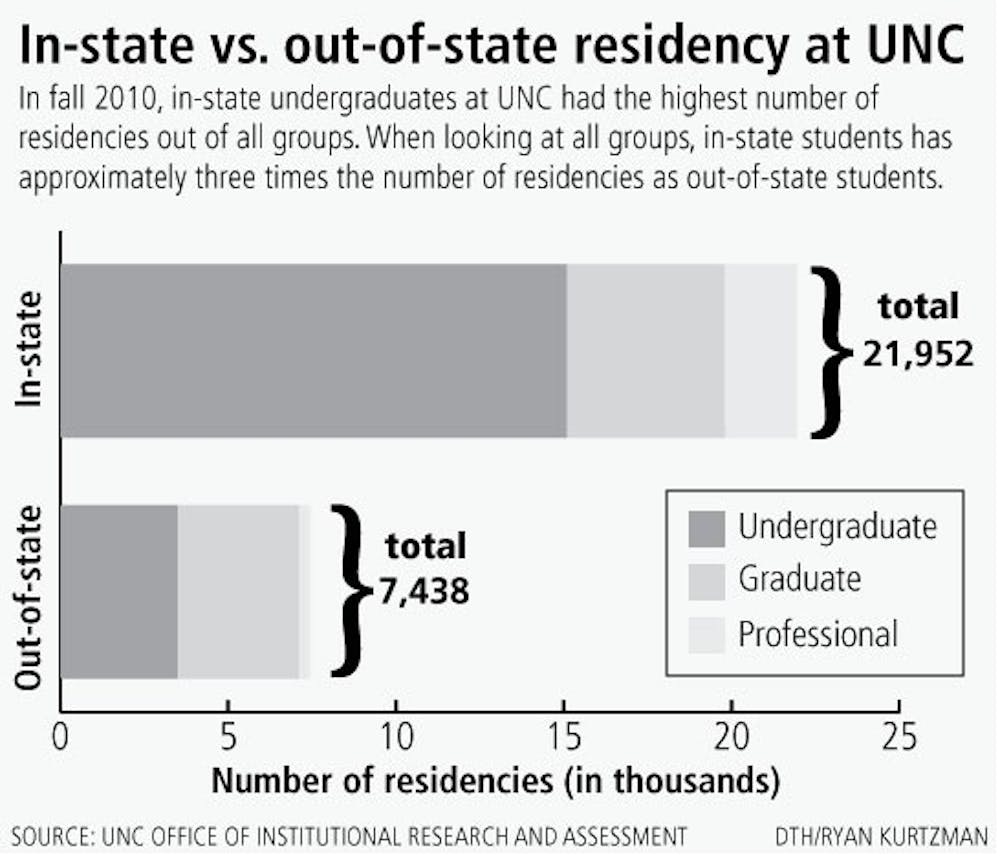Students officially have less time to appeal for in-state residency — and may find residency harder to prove — thanks to an updated state residency manual.
Previously, students billed as out-of-state were given the entire semester to appeal for in-state status. Within the past few years, however, they have had only 10 days from when the semester started.
The shortened period was in practice but was not in the state residency manual until August, when it became state law.
“The new laws were not in the state manual, but they had already been incorporated,” said Roberta Kelly, associate university registrar.
The change was made so that the state budget can be organized and allocated earlier in the year because tuition dues are a major contributor to the budget.
Chris Derickson, University registrar, said that the earlier deadline will definitely impact students by cutting their appeal time.
“This change does impact students a lot,” he said.
All students must state their residency status when initially applying to the University or to a program within the school. Eighty-one percent of enrolled undergraduates in fall 2010 were residents.
Students accepted as residents pay an in-state tuition, while those not accepted pay a higher out-of-state tuition.



